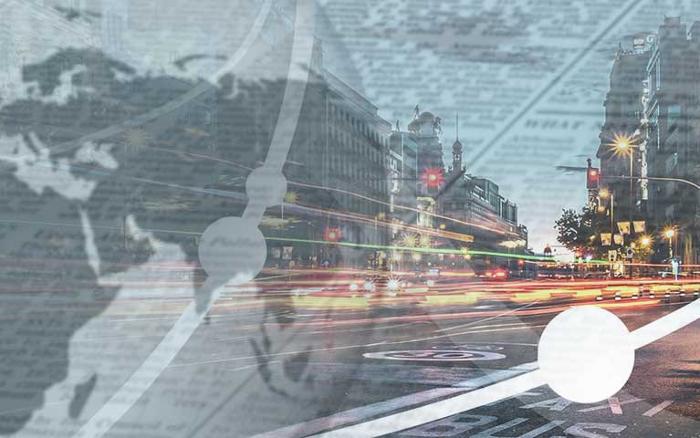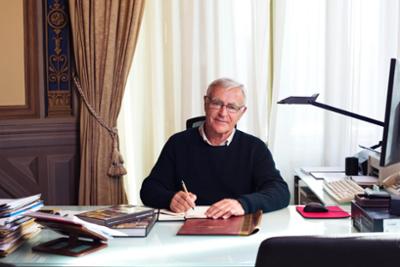

Interview with Joan Ribó, mayor of Valencia

The Valencian city mayor assures that the challenge is to build a sustainable city that is focused on public transport in order to achieve, by 2030, a city with zero CO2 emissions.
1.- What are the main challenges for the development of sustainable mobility in Valencia?
Our challenge is to continue promoting projects that allow us to build a friendlier and more sustainable city, with more cycle lanes and a firm commitment to public transport. We aim to continue advancing in our Mediterranean, sustainable and smart city model, putting people at the centre of our policies and taking into account the Sustainable Development Goals and the Urban Agenda 2030. In this regard, another of our great challenges is to turn Valencia into an emission-neutral city by 2030. In other words, we must be able to absorb 100% of the CO2 emissions generated. For this reason, we must implement innovative public policies and neighbourhood investments aimed at making Valencia one of the first climate-neutral cities in Europe.
2.- What is your assessment of the measures and programmes of your city council and related entities with which you are working?
In recent years Valencia has become an international benchmark in sustainable mobility, and that is because we have done things in the right way. The city has been transformed to become healthier and more humane, with the recovery of some 150,000 square metres of quality public space for people and the prioritisation of sustainable means of getting around the city, such as walking, cycling and public transport. For example, we have increased from 127 km of bike lanes in 2015, which in many cases were not even connected to each other, to a consistent and quality network of 166.5 km in 2021.
All these measures have also allowed us to join forces in the fight against climate change and to breathe cleaner and less polluted air every day. Proof of this is that we are at the top of the ranking of Spanish cities that have most reduced pollution by NO2 and PM10 particles, according to the latest Sustainability Observatory (OS) report.
3.- Valencia is preparing its Low Emission Zone. What aspects will be the most important for its implementation and successful outcome?
We are working on the implementation of a Low Emission Zone, which will be a reality by 2023, as mandated by Spanish legislation and the European Union. This is a very ambitious plan to advance the decarbonisation of our city. Its implementation will be staggered and with an application schedule, which we aim to discuss with the public, including local residents and shopkeepers. This LEZ will include the measurement and monitoring of atmospheric and noise pollution in order to improve our air quality and reduce polluting emissions in our streets.
4.- What education should be conveyed to the public in order to make sustainability in transport effective?
The best education is to offer top quality sustainable transport that becomes an effective and competitive alternative to other polluting means of transport. For this reason, in recent years we have greatly expanded our network of cycle lanes in the city. It is also important to continue to invest in our urban public transport in order to offer a top quality service to users.
5.- Global Mobility Call has set out to become a benchmark that brings together the sustainable mobility ecosystem in the long term and also to promote more public-private collaboration. How would all this benefit the efforts of authorities such as yours to advance towards greater sustainability?
This meeting is a great opportunity to share experiences and learn from each other with a clear aim: to work together towards the sustainable mobility of the future.
6.- What opportunities do the Next Generation Funds and the Recovery, Transformation and Resilience Plan offer to Valencia's plans for the development of sustainable mobility?
The European Next Generation funds are a unique opportunity to promote key projects to carry out the digital and sustainable transformation of our urban transport, as well as to implement a low-emission zone and the renaturalisation of the city. In recent years, citizens have asked us to improve the quality of the air and their lives, and we continue to make progress in this direction. For this reason, the projects financed by Next Generation give continuity to the city project and to the policies that we have been promoting from the City Council in recent years with the aim of building a friendlier, more sustainable and healthier city.





